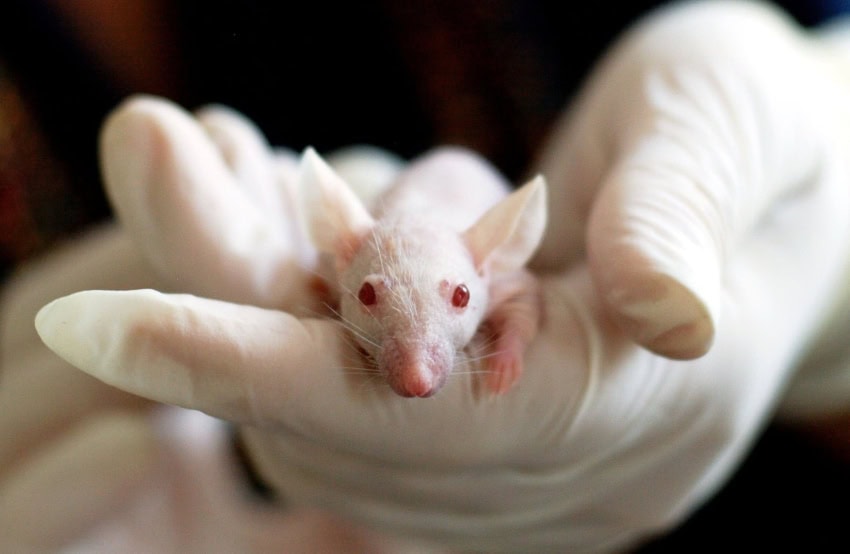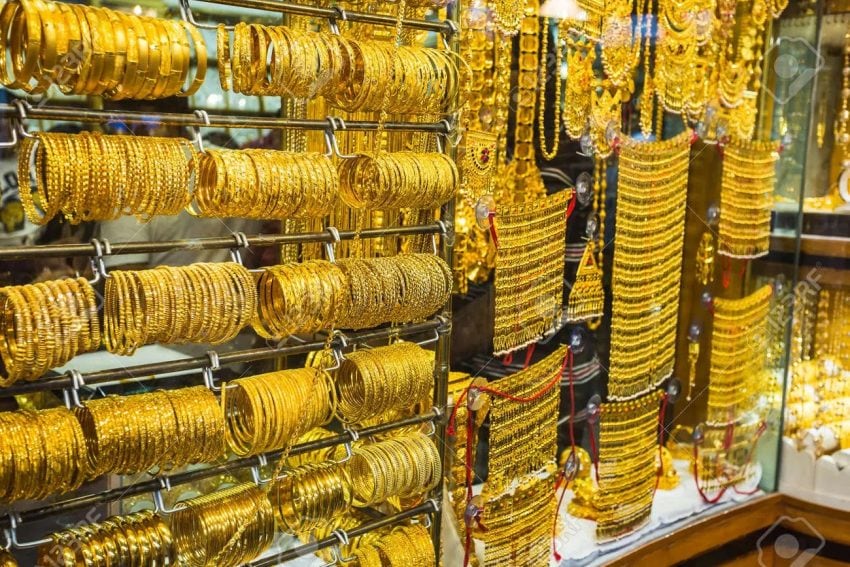Scientists have made a major breakthrough by producing a mice with two biological fathers.
The method, which was unveiled on March 8 at the Third International Conference on Human Genome Editing in London, is a preliminary demonstration of a method that suggests the means to address some causes of infertility or possibly allow for single-parent embryos.
Transforming male XY sex chromosomes into female XX ones was the goal of the research, which is still in its early phases.
This accomplishment has been the focus of research for years. One group published a study in 2018, describing the production of pups with either two fathers or two moms utilising embryonic stem cells derived from sperm or eggs. Puppies with two mothers grew up and were fruitful while those with two fathers only had a short lifespan.
Keith Latham, a developmental biologist at Michigan State University in East Lansing, argues that this is a tremendous advancement with enormous potential applications.
Katsuhiko Hayashi, a pioneer in the field of lab-grown sperm and eggs, who oversaw the project at Kyushu University in Japan, said that this was the first instance of producing strong animal oocytes from male cells.
Researchers firstly created “induced pluripotent stem cells” from skin cells removed from the tails of male mice. These cells have the capacity to differentiate into a variety of different cell or tissue types. They then developed functioning egg cells by converting male mouse stem cells into female cells through a process that involved expanding them and administering a medication. The embryos were then placed into female mice after being fertilised. Seven out of 630 embryos, or around 1%, developed into living mouse pups.
Finally, the pups seemed to develop normally and were able to become parents in the typical manner.
However, the discovery opens up the possibility of a wide range of new reproductive options, including the possibility that same sex male couples or even a single man could conceive a biological child without the need for a female egg.













